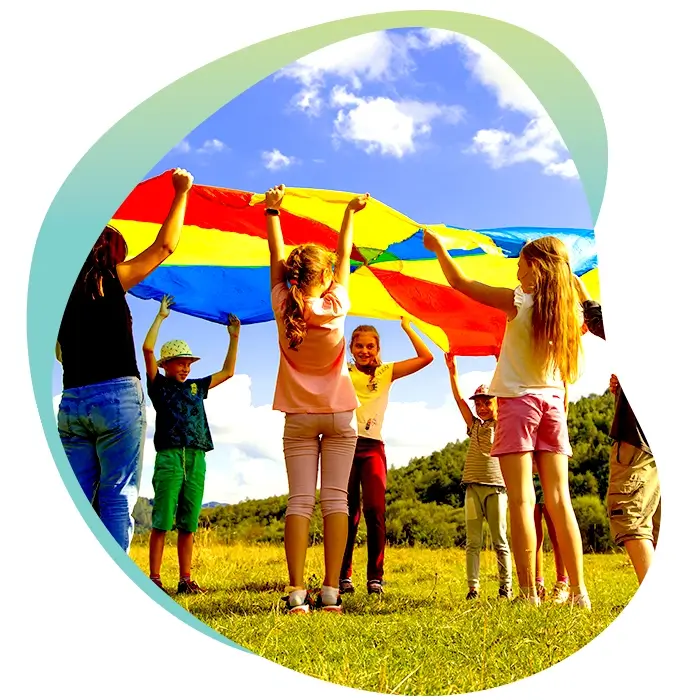Ask for help
The same rights for every child and teenager!
OKAJU is there to listen to every child, parent or professional seeking to better understand children’s rights. Whether you have witnessed or been the victim of a violation of these rights, our referral service is there to inform you and support you in your efforts.
Mir si fir dech do!
- Any child or adolescent aged under 18;
- Parents or legal guardians of a minor whose rights have been violated;
- Any third party maintaining personal relations with the child or adolescent.
IMPORTANT!
- All institutions or associations caring for children or adolescents can seek advice on implementing children’s rights.
IMPORTANT!
Every child or adolescent has rights. Everyone should be aware of these rights so they are better upheld and every young person is heard.
The OKaJu can intervene on its own initiative in situations where the Convention on the Rights of the Child (CRC) is not correctly applied.
The OKaJu can be contacted via the form below, by phone, by email, or by written request sent by mail.
No prior conditions are necessary.
Contact Us- A meeting is scheduled upon request. During this interview, the OKAJU listens and, if necessary, identifies practices or actions that do not respect the rights of the child or young person.
- Following this interview, OKAJU provides advice on how to put children’s rights into practice more effectively. It assesses whether the best interest of the child has been respected in a given situation.
- With the agreement of the initiating party, a file can be opened after the meeting. OKAJU is for example, inviting the other involved individual or legal entity to express their viewpoint.
- The aim of the intervention is typically an amicable settlement between the parties involved.
- The stakeholders collaboratively consider changes or adjustments to practices that are contrary to the best interests of the child or adolescent.
- If, after an adversarial process and a thorough and impartial examination, an agreement is not reached, OKAJU may make recommendations to resolve the problem within a timeframe that it sets.
- A recommendation following an individual complaint can be published anonymously if it has a broader relevance.
IMPORTANT!
OKAJU is neither a judge nor a tribunal. It does not make decisions but offers recommendations based on the Convention on the Rights of the Child (CRC).

